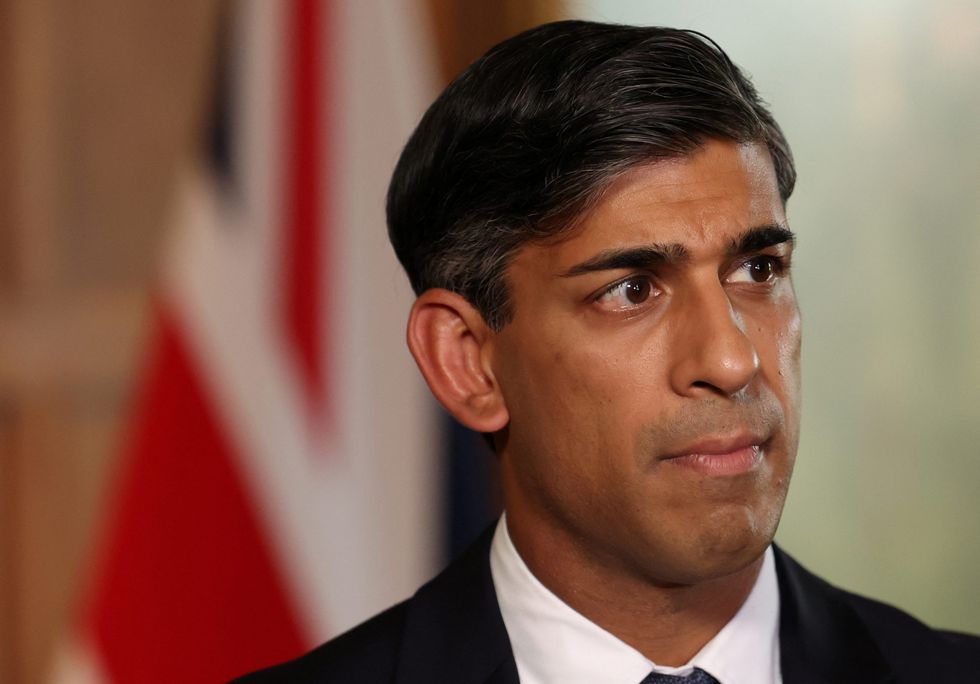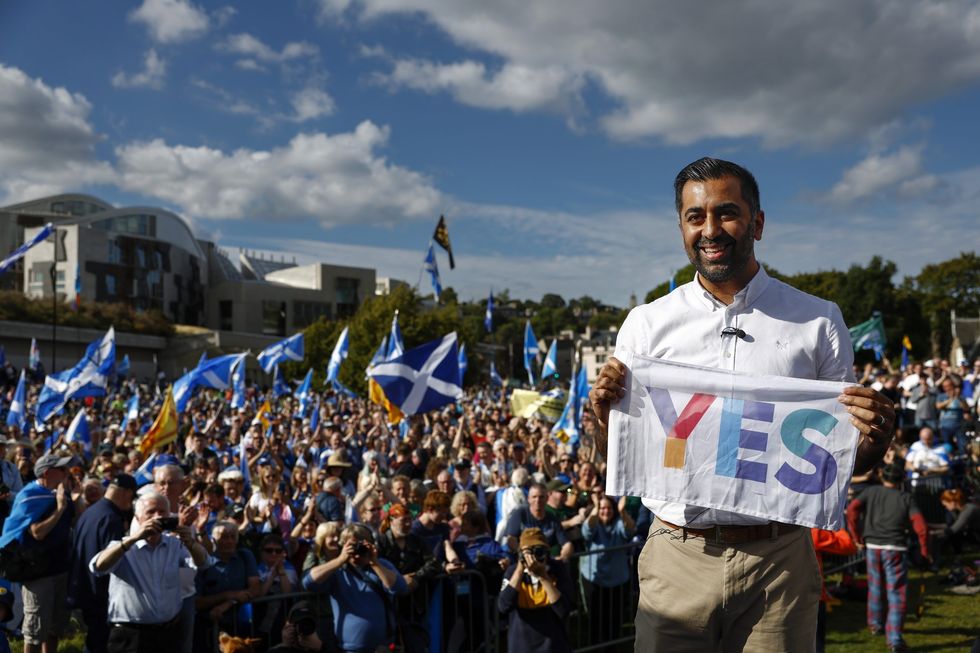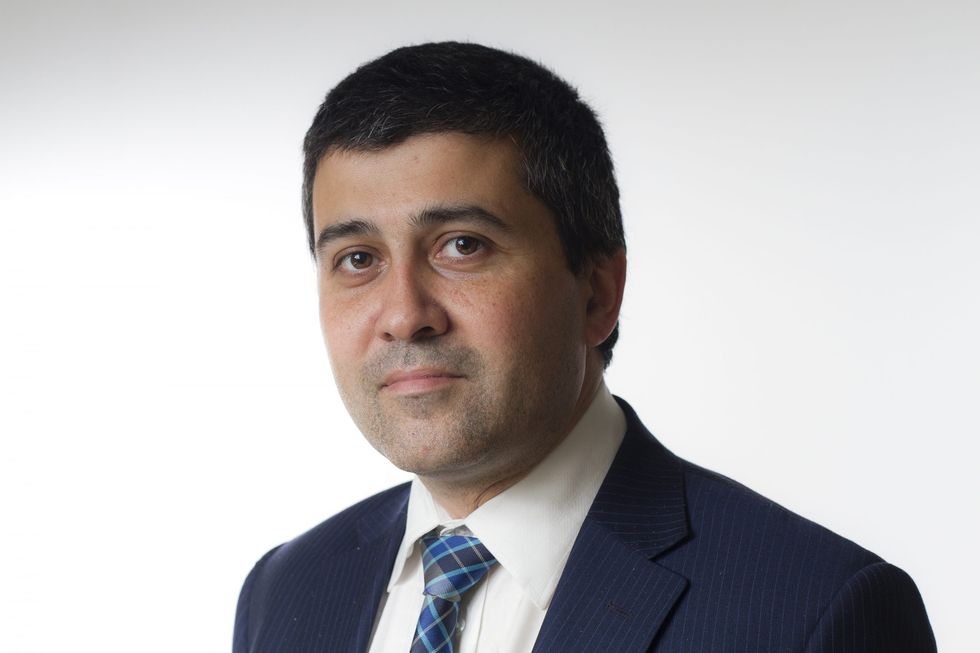TEAM captains at the cricket World Cup usually find it an advantage to bat second, to know what they must do to win the game.
The 2023 party season broke with decades of political tradition by putting Rishi Sunak in to bat first, though the Liberals, Labour and the Conservatives have held their party conferences in that order going back to the 1950s.
That change was made – a couple of years and a couple of Prime Ministers ago – before anybody knew the political context of this Autumn, but it looks to have given Keir Starmer a considerable advantage this year.
Sunak struggled for control of his party’s message in Manchester. The Prime Minister wanted to focus on his long-term decisions, including banning smoking for the next generation, and education reform, though the last minute decision to announce the cancellation of the HS2 rail project rather undercut that message.
The public message of the conference was often set by others, from Suella Braverman warning of a coming “hurricane of immigration” to Liz Truss declaring that she could, once more, ‘Make Britain Grow Again” on the fringe.

The greater energy on the fringe than the main stage in Manchester suggested that many in the governing party are now thinking beyond a likely General Election, preparing for the coming battles over the party’s future in opposition. Thirteen years in power have left many Conservative commentators and activists wondering how much they have to show for it.
Starmer is confident of his ability to project more control over his own party this week. Those thirteen years in opposition have once again made the Labour Party desperate to win again. Labour’s message is that it has come to Liverpool this week to prepare for government.

Starmer has warned his party not to get “giddy” about an opinion poll lead that averages 16 points – though any party leader would prefer that to being 16 points behind. His electoral challenge looks increasingly like ‘mission possible’ for the Labour leader.
The party’s big by-election win in Scotland had made gaining twenty or more seats in Scotland a realistic ambition for Labour. SNP First Minister Humza Yousaf will be under pressure when his party gathers in Aberdeen next week. Gains in Scotland for Labour shift the electoral arithmetic across Britain too, making a parliamentary majority for Starmer’s party look increasingly possible.
The prime Minister made an audacious bid to reframe the choice as ‘change with Rishi Sunak’ versus ‘more of the same with Keir Starmer’. That will almost certainly prove too counter-intuitive a case for re-electing the Conservatives for a fifth term in office. Sunak may switch to a more conventional message, about the risks of switching to Labour, but he will need to make more visible progress on his key domestic pledges this year.
Re-staking Labour’s claim to the ‘time for a change’ message was the easier part of Keir Starmer’s task. The public wants to know more about what he proposes that change to look like. Labour’s five long-term missions for government indicate the party's policy priorities – increasing growth, becoming a clean energy superpower, renewing the NHS, cutting crime and breaking down barriers to opportunity. Starmer’s challenge in Liverpool is to articulate the story that can knit these ambitions together, both for Labour’s election campaign and, more importantly, to give coherence for its agenda to government. Auditioning a number of overarching themes – a decade of national renewal, rebuilding Britain, devolving power and healing divides – gives Labour a chance to find out which will resonate most with the electorate.

The context of Starmer’s speech has been changed by the shocking Hamas massacre of Israeli civilians and the scale of Israel’s military response. The most intense escalation to date of the world’s most intractable conflict will surely influence Starmer’s tone, putting the political knockabout of Britain’s domestic party battle into context. It also enables the Labour leader to underline how much he has changed his own party since the leadership of Jeremy Corbyn, both on foreign policy and addressing the party’s failures on anti-semitism.
The escalating Middle East conflict will reduce the public reach of Starmer’s message too, as international events dominate the broadcast news bulletins.
The next month may feel like a long time in cricket, with each country having to play every other team contesting the World Cup in India before the decisive matches to find out who wins the trophy in November.
Britain’s election date is not fixed but Keir Starmer and Rishi Sunak may well be jousting for political position for a whole year. There could be one final set of pre-election party conferences next Autumn to fire the starting gun for the General Election campaign.
Starmer’s set-piece speech has perhaps been turned into the final dress rehearsal for the campaign to come – and a key chance to define his case for change.




